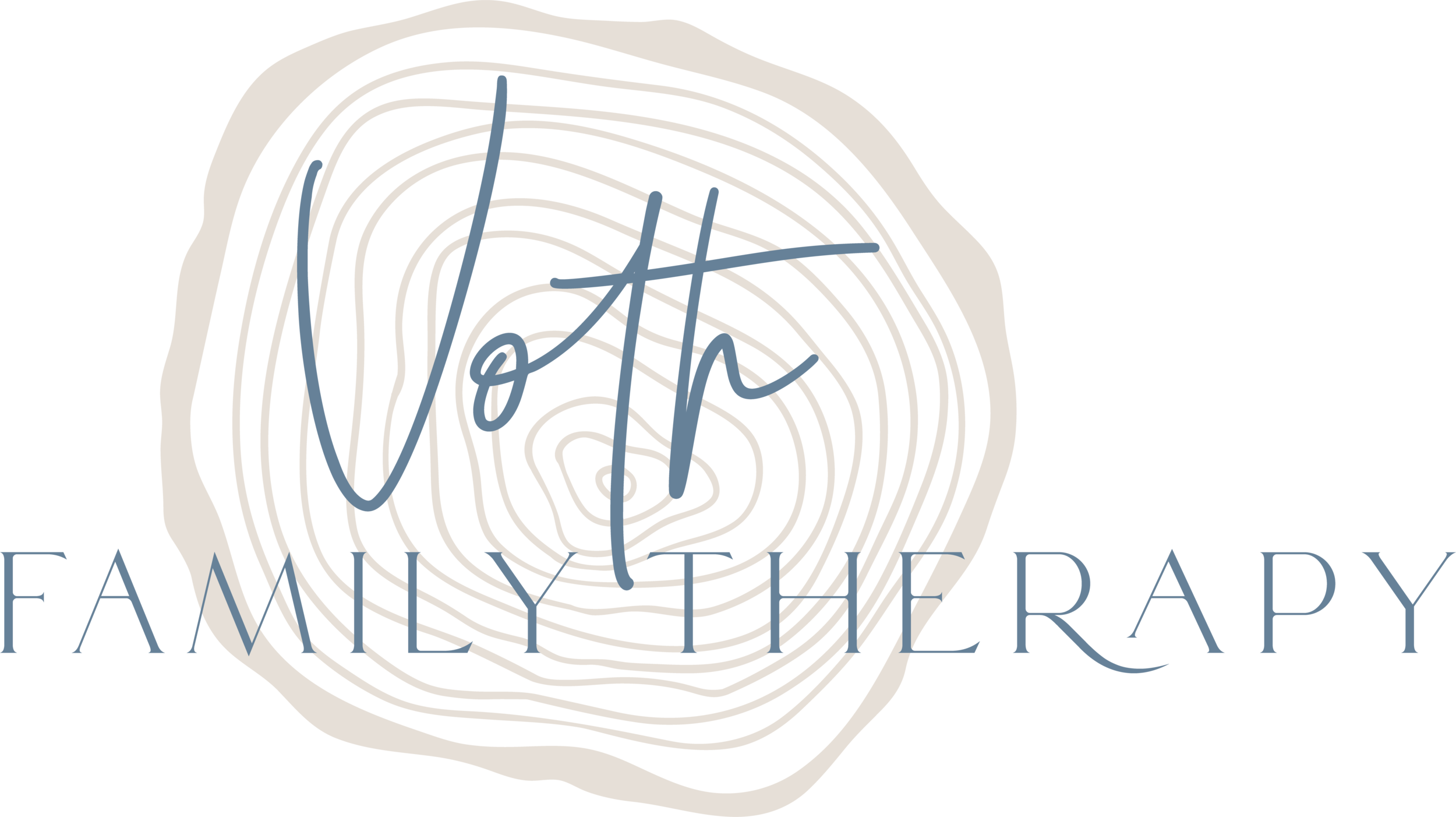Calming the Storm
These are strange times. I’ve spoken to a number of people in the last week who have likened the rapid changes we’re experiencing within our social systems to a Stephen King novel; not most folks’ idea of Utopia. I myself have wrestled with finding the balance between prudent action and panic-driven responses (#toiletpaper). So as I relay this message to you today – one that you’ll be reading days from the time I write it, during which time who knows what other changes will have taken place – I hope to give you some tools to find calm if you or someone you love is feeling worried and uncertain, to make sound decisions you feel good about, and to know how to move through the day-to-day in a constantly evolving situation.
Humans don’t do well with disruption. We are creatures most comfortable with predictability, routine, familiar patterns and surroundings. Above all, finding ways to maintain your routines and habits as best you can will settle your mind and body. We make better decisions and feel better about decisions that we make when we feel calm and grounded.
Tools that help:
Journal about your feelings. There is immense power in getting something out on a piece of paper in black and white. There is no need to keep these musings or re-read them; this is purely a cathartic exercise that works for many people.
Focus on the present moment. Remember that worries and anxiety are typically based in fears of an unknown future or reminders of a negative past. Neither the past nor the future is happening in this present moment. Use tools like slow, deep breathing, a body scan, or simply noticing the feeling of your feet in your shoes as methods to orient yourself to the present. Apps like Stop, Breathe & Think are great (free!) tools to get grounded.
Be a careful consumer of news and social media. It can be difficult to turn away from the non-stop news cycle but your brain needs the rest. It might be a good time to make some changes to your social media sources or take a break altogether. If you do choose to engage with news and social media, set a timer for a short period of time (like ten minutes) and put the device away when your time is up.
Take action where you can. Wash your hands, cover your cough and remember that you can’t control what’s happening in the world but you can control your response to it.
Stay connected to friends and family during social distancing. This might mean setting up a daily FaceTime chat, texting or phoning to check in on people you care about (especially people who are vulnerable due to age or existing health concerns who need to be extra careful about social interaction), or snuggling with your partner on the couch in the evening.
Do something creative with your feelings. Consider picking up the hobby you haven’t done in a while. If you notice excuses coming to mind like, “I don’t have any paints anymore,” try reframing this as a question such as, “What would I need to do to start painting again?”
Move your body. Stretch in your kitchen, do some yoga in the living room, walk down your road, play tag with your kids. Make it a goal to move your body every day.
VFT is pleased to continue to offer online and phone counselling sessions, and if a half hour check-in is all you need, we can do that too!
BLOG AUTHOR
JODIE VOTH
JODIE IS A FULL-TIME THERAPIST AND OWNER OF VOTH FAMILY THERAPY.


